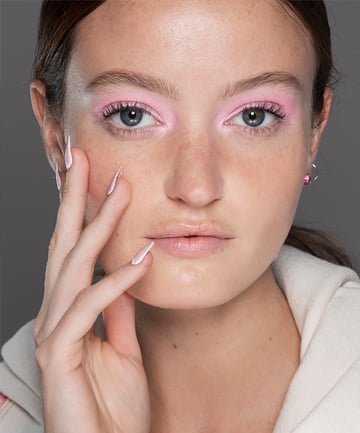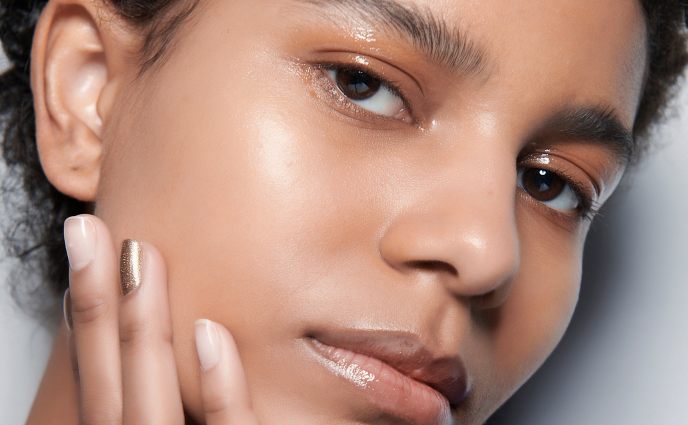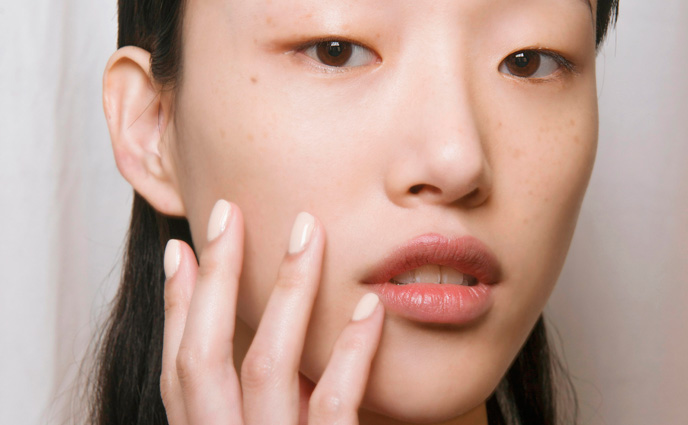Most of us would classify ourselves as upstanding, rule-following citizens. So, if you present us with day and night cream options, we will follow them. But... what if we didn't really need to? Obviously, we wouldn't use straight-up sunscreen at night (unless we wanted our pillowcases to get some extra sun protection). However, things become murkier with other supposedly a.m.-specific moisturizers.
We spoke with experts to see whether there are really benefits to using a separate day and night cream — or whether skin is better off with a more streamlined approach.
Image via Imaxtree
The short answer is: It depends. "Depending on the type of cream and ingredients, you don't necessarily have to have a separate day and night cream," says board-certified dermatologist Dr. Naissan O. Wesley. "But, there are certain ingredients like sunscreen, for example, that you don't really need at night."
More factors to consider are the other products in your skin care routine as well as your skin's needs.
Image via Imaxtree
Board-certified dermatologist at Park View Laser Dermatology Dr. Robyn Gmyrek, MD, says that in general, day creams might have a light consistency so they can be layered under makeup and they might include a SPF to protect against UV rays. Night creams, on the other hand, have no sunscreen and might be thicker and more emollient or moisturizing.
Tyler Gaul, founder of Protocol, adds that the consistency and viscosity changes are solely for aesthetic reasons. For instance, a lighter day cream won't interfere with applying makeup or feel heavy.
Image via Imaxtree
As previously mentioned, products intended for day use are generally lighter and might offer sun protection, whereas night creams and moisturizers could be heavier and contain actives, such as retinol.
Strong actives, like retinoids, could be too strong and/or drying to be used both day and night, or even during the day. Wesley says that using these products twice daily could increase potential side effects without necessarily increasing benefits. Therefore, it would be better in these cases to have separate day and night creams.
Image via Imaxtree
Got dry skin? A richer cream could work in the a.m. and p.m. — but remember to pair it with sunscreen during the day. Gmyrek often recommends a heavier night cream for patients with very dry skin, but it might be too greasy or thick for daytime, especially under makeup.
Oh, and for aging skin? The Organic Pharmacy founder Margo Marrone adds that as we get older the creams we use should become thicker to help battle dehydration.
Image via Imaxtree









